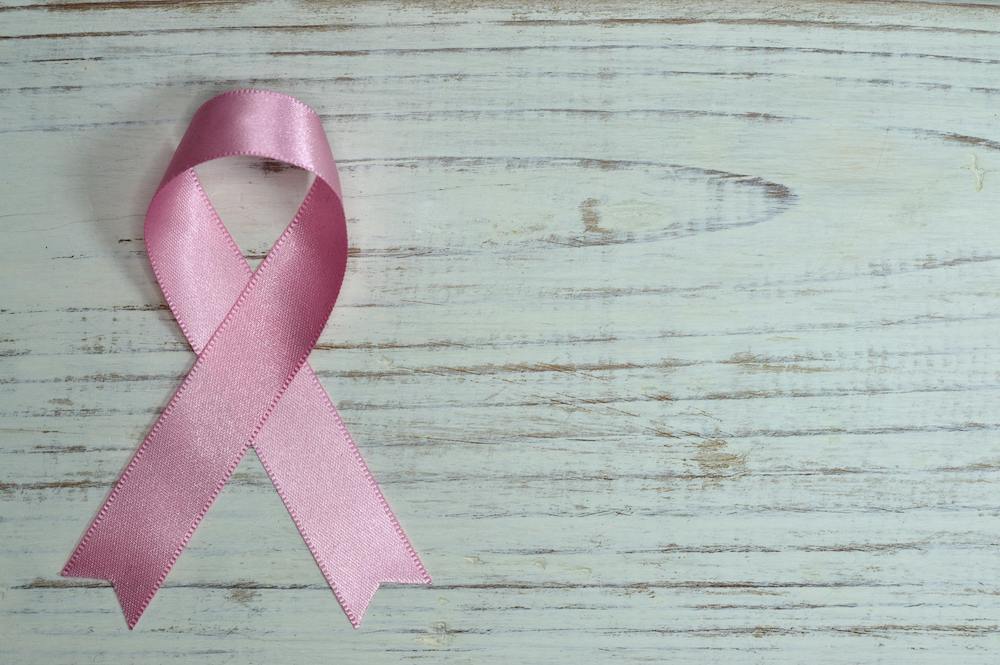
03 Jun Fertility After Cancer: What You Should Know
If you have a new cancer diagnosis, talk to your doctor about ways you can preserve your fertility before treatment.
In honor of National Cancer Survivor Day on June 2, 2024, let’s take a closer look at how cancer affects a woman’s fertility and some of the current options to preserve it.
Fertility is the ability to conceive a child. Cancer and the medical treatment for cancer can affect this. This is because a woman’s eggs may not be healthy or the hormones needed to release an egg for fertilization may be disrupted. There may be damage to the reproductive organs that are responsible for the release of the egg, fertilization, and implantation of the embryo. Sometimes the pregnancy can’t be carried to term resulting in a miscarriage.¹
This may happen because of cancer in the reproductive system and sometimes because of the treatment to get rid of the cancer. Cancer treatment can involve surgery, chemotherapy and radiation. If the cancer is in the abdominal or pelvic area, this can affect reproductive organs.
Whether or not cancer treatment impacts fertility depends on a variety of factors. These include:
- your baseline fertility
- your age at the time of cancer treatment (women under age 35 fair better)
- the type and location of the cancer
- the type and duration of treatment
- the time passed since treatment ended
- other health conditions.²
There are ways you can preserve your fertility before treatment starts. In fact, you’ll want to talk to your doctor about this as soon as you receive a diagnosis. You’ll have more options early on in your diagnosis. These options may include freezing your eggs or embryos, surgically moving your ovaries out of the way of radiation (ovarian transposition), or shielding key reproductive organs from radiation.
You’ll want to take special precautions not to conceive during cancer treatment. This may mean abstinence or using birth control. You’ll want to wait at least 6 months, preferably 2 years, after cancer treatment before conceiving. This is because cancer treatments are toxic to the body and can cause increased risk of miscarriage and genetic conditions in the fetus.¹
Of course, these are just general guidelines and your health situation is unique to you. Talk to your doctor about what your risks are. Ask about treatment options and best methods to preserve your fertility. Remember, the earlier you talk about it, the more options there are!
Having children is possible for many women after cancer, whether that is through steps to preserve fertility before treatment or through the use of a surrogate with your egg or a donated egg. Today, there are more possibilities than ever.
If you are dealing with cancer right now, know that there are support and resources to support you in your journey. Check out this resource for more information on chronic conditions, including cancer.
REFERENCES:
- American Cancer Society. February 6, 2020. How cancer and cancer treatment can affect fertility in females. https://www.cancer.org/cancer/managing-cancer/side-effects/fertility-and-sexual-side-effects/fertility-and-women-with-cancer/how-cancer-treatments-affect-fertility.html
- National Cancer Institute (NIH). February 24, 2020. Fertility issues in girls and women with cancer. https://www.cancer.gov/about-cancer/treatment/side-effects/fertility-women
- Photo by Miguel Á. Padriñán: Breast Cancer Awareness On teal Wooden Surface. https://www.pexels.com/photo/breast-cancer-awareness-on-teal-wooden-surface-579474/



